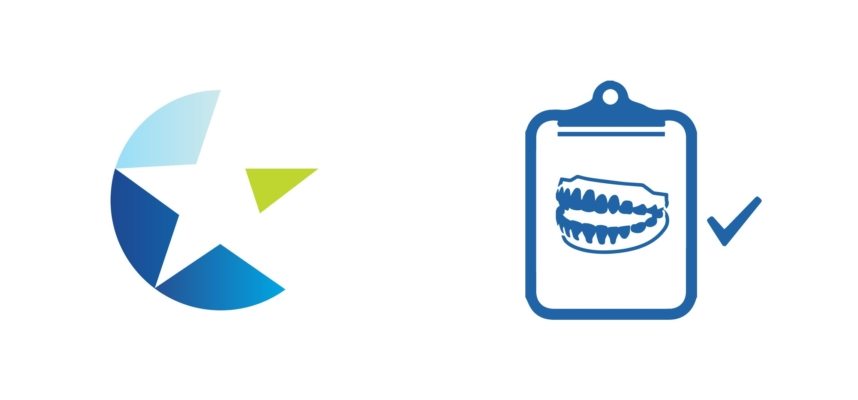For the first 72 hours, do not:
- Disturb the site
- Vigorously rinse, swish, or spit
- Smoke
BLEEDING
Some bleeding is expected after any surgical procedure and is a normal part of healing. You may have bleeding and/or redness in the saliva for 24-48 hours. Gauze will be provided to you to help control bleeding following your procedure. You will need to moisten the gauze with ice-cold water, squeeze out the excess water, and bite down with firm pressure for 20-30 minutes.
A small amount of bleeding can continue intermittently for a few days, especially if the area is stimulated by movement. If stitches were placed inside your mouth, they will dissolve on their own in 7-10 days. Any physical activity will raise your heart rate and increase bleeding, so minimize any exercise for a few days following surgery.
SWELLING
Swelling is also a normal part of post-operative healing and can increase for 2-3 days following any surgery, slowly resolving after this. You may apply an ice pack to the area for 20 minutes at a time for the first 2 days; this will help minimize pain and swelling during this time. After 2 days, you may switch to warm, moist heat.
MEDICATION
If you have been sedated for your procedure, you may not drive for 24 hours. If you have been prescribed a narcotic pain medication, you also cannot drive while taking this. If an antibiotic mouth rinse is prescribed, do not begin using until the day after your procedure to avoid stimulating further bleeding. If an antibiotic was prescribed, make sure to take as directed and until completely gone to help prevent infection.
PAIN
You should begin taking pain medicine as soon as you feel the local anesthetic start wearing off. For mild to moderate pain, ibuprofen (Advil® or Motrin®) may be taken. Ibuprofen bought over the counter comes in 200mg tablets: 3 tablets may be taken every 6 hours as needed for pain. You may alternate with 2 Extra Strength Tylenol® as needed (example: 12 PM—Ibuprofen, 3 PM—Tylenol, 6 PM—Ibuprofen, 9 PM—Tylenol). For severe pain, the prescribed pain medicine should be taken as directed with food. Tylenol may be in the prescribed pain medication; therefore, do not take Extra Strength Tylenol when taking prescribed pain medication. Do not take any of the above medications if you are allergic or have been instructed by your doctor not to do so.
DIET
Hydration and nutrition are important for healing following surgery. Drink plenty of fluids immediately following surgery. Return to normal diet as soon as possible following surgery, with the exception of hard foods. The healing of your implants is contingent upon them not moving. Chewing anything hard such as ice, hard candy, or other very hard foods can cause an implant to fail or your temporary denture to break. Remember, if you can hear it crunching when you chew, it’s too hard! In rare instances, the acrylic temporary denture will break. If this happens, call our office immediately.
ORAL HYGIENE
Good oral hygiene is essential for healing. Beginning the day after surgery, the prescription mouth rinse (PeridexTM) should be used 2 times per day until completed. A few weeks after surgery, when your initial healing is completed, you will begin to use a Waterpik® to clean under the denture twice daily and as needed. These can be purchased over the counter at any major retailer. Do not use a Waterpik until instructed by Dr. Warren to do so. Intially, the gum tissue will be swollen and touching the denture. As you heal and tissue swelling recedes, you will notice a space between the denture and your gums. This is normal and will be corrected on your final denture.
ACTIVITY
Limit vigorous exercise for the next 24 hours, as this will increase blood pressure and may cause more bleeding from extraction site(s).
POST-OP VISIT
You will see your dentist the day after surgery for any adjustments to your new denture that may be needed. Dr. Warren will see you in 1-2 weeks to check your healing. If you ever have any questions or concerns, please feel free to contact us at the office any time.
Call our office immediately for heavy bleeding, severe pain, continued swelling lasting over 3 days, or a reaction to the medication.
